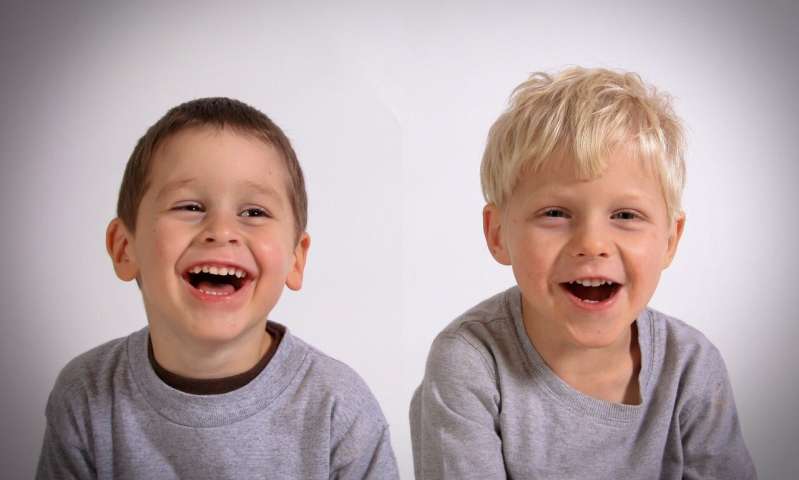Study Suggests Males with an Older Brother or More are Likely to Be Born Gay

by Bob Yirka , Phys.org
A team of researchers from the University of Toronto, the Institute of Sexology and Sexual Medicine, Charité – Universitätsmedizin Berlin and the University of Lethbridge has found evidence showing that males with an older brother have a greater chance of being gay than males that do not. In their paper published in the journal Proceedings of the Royal Society B, the group describes their study of data from past research efforts and what the learned from it.
Scientists are not currently able to explain homosexuality in either males or females, even as researchers continue to find the answer. In this new effort, the researchers were looking to find some commonalities between birth order and homosexuality. To that end, they analyzed data from 10 unrelated studies that included sexual orientation for 5,400 men and also sibling information.
The researchers found that the men in the study who had an older brother were 38 percent more likely to be gay than were those who did not have an older brother. They also found that the more older brothers a man had, the more likely he was to be gay—having three older brothers, for example, doubled a man's odds of being gay. But the same could not be said for females. The researchers were not able to find any pattern in siblings, male or female, that changed the odds for a woman being gay.
The researchers were not able to determine why birth order impacts the odds of male homosexuality, but suggest it is possible that the mother's immune response to having a male child has a later impact on male babies born thereafter. The theory, called "maternal immune hypothesis," suggests that when a woman carries and gives birth to a male baby, her body produces antibodies in response to certain male chemicals. The theory suggests that the antibodies produced remain in the woman's body and somehow make their way into the brains of future male babies. The theory has been proposed before by other researchers and has also been used to settle arguments surrounding the nature of homosexuality—specifically whether it is a matter of genetics or upbringing.
Comments